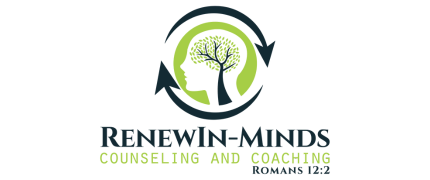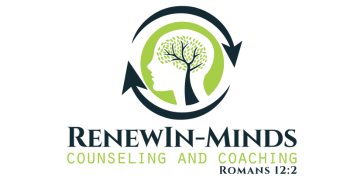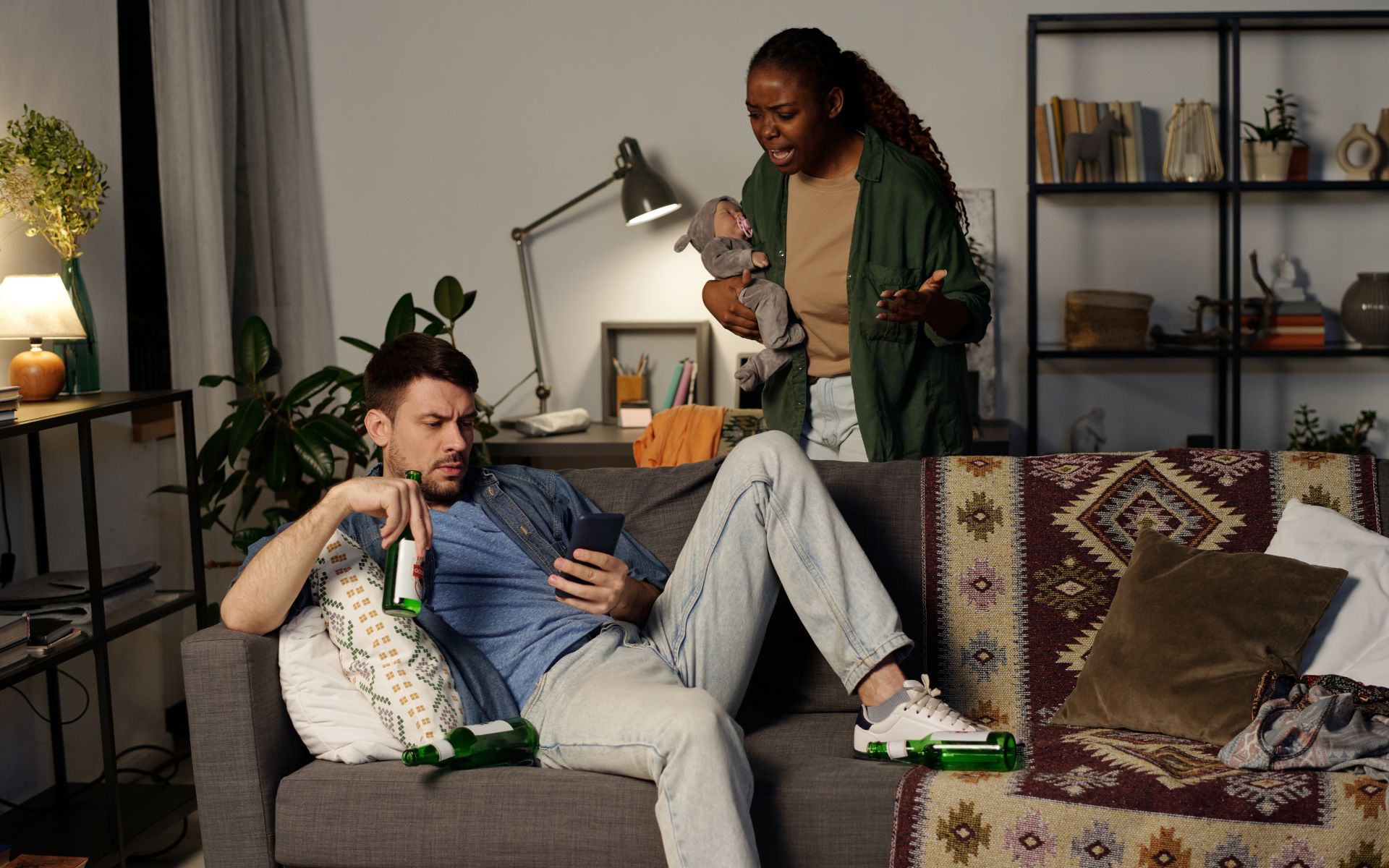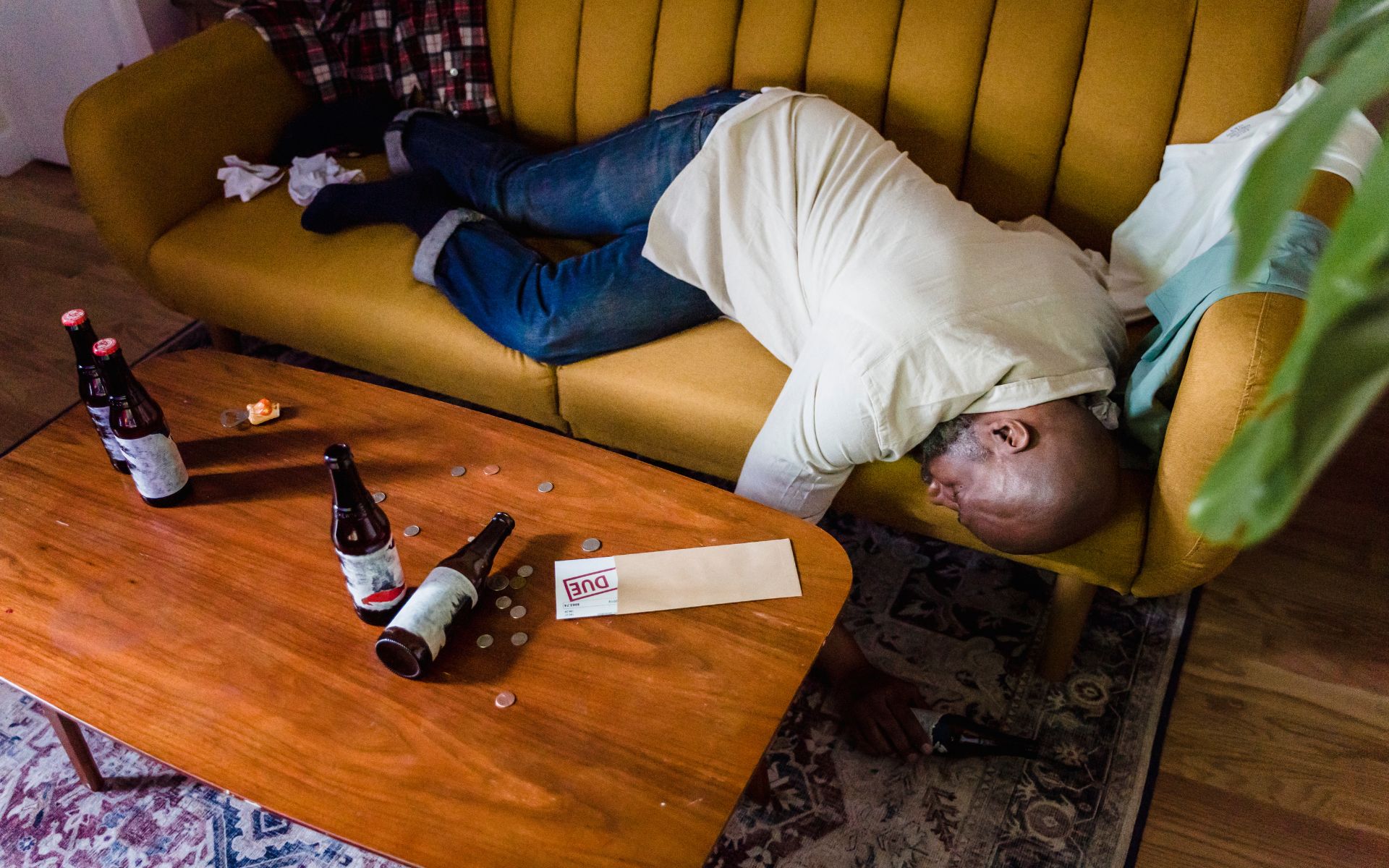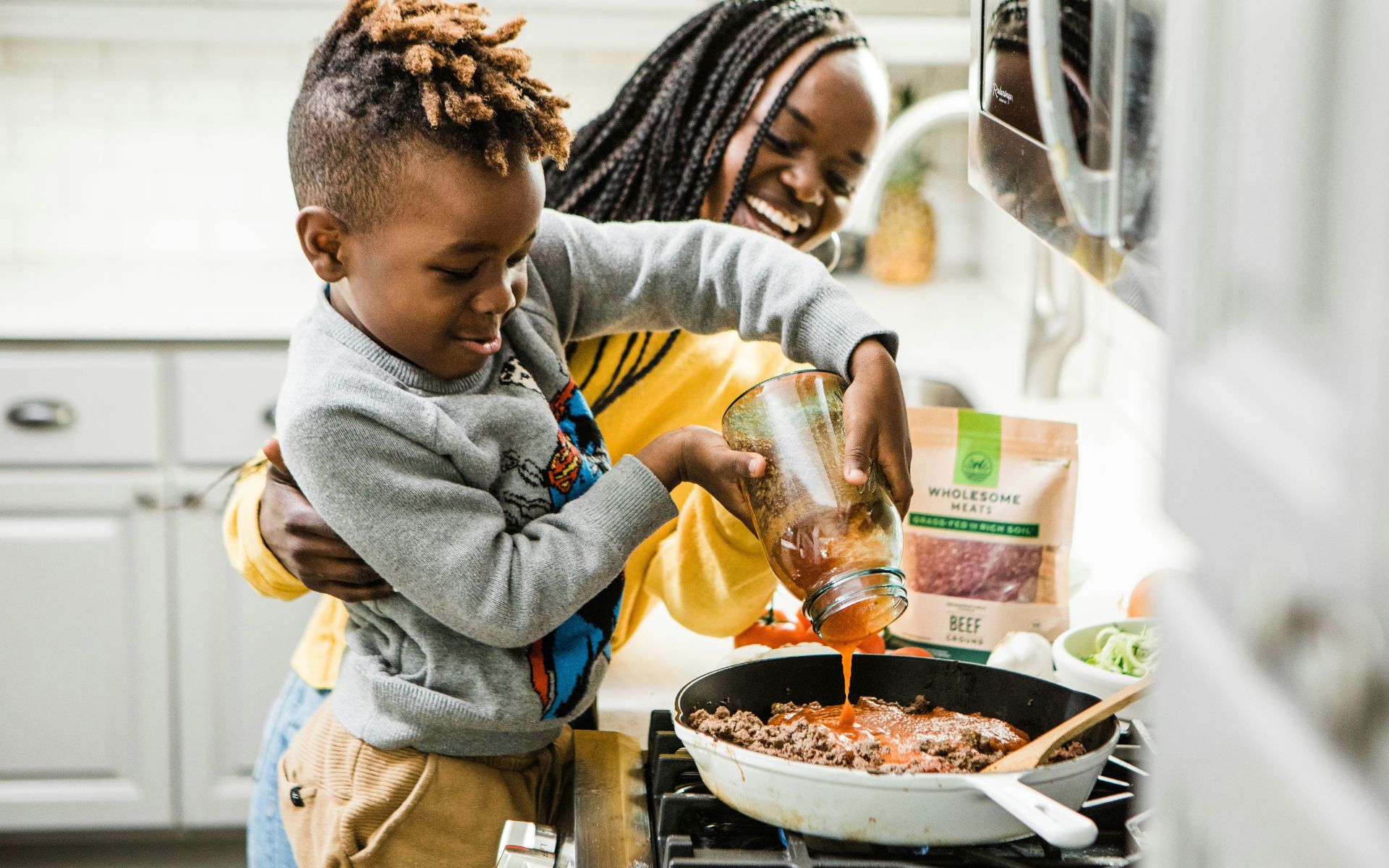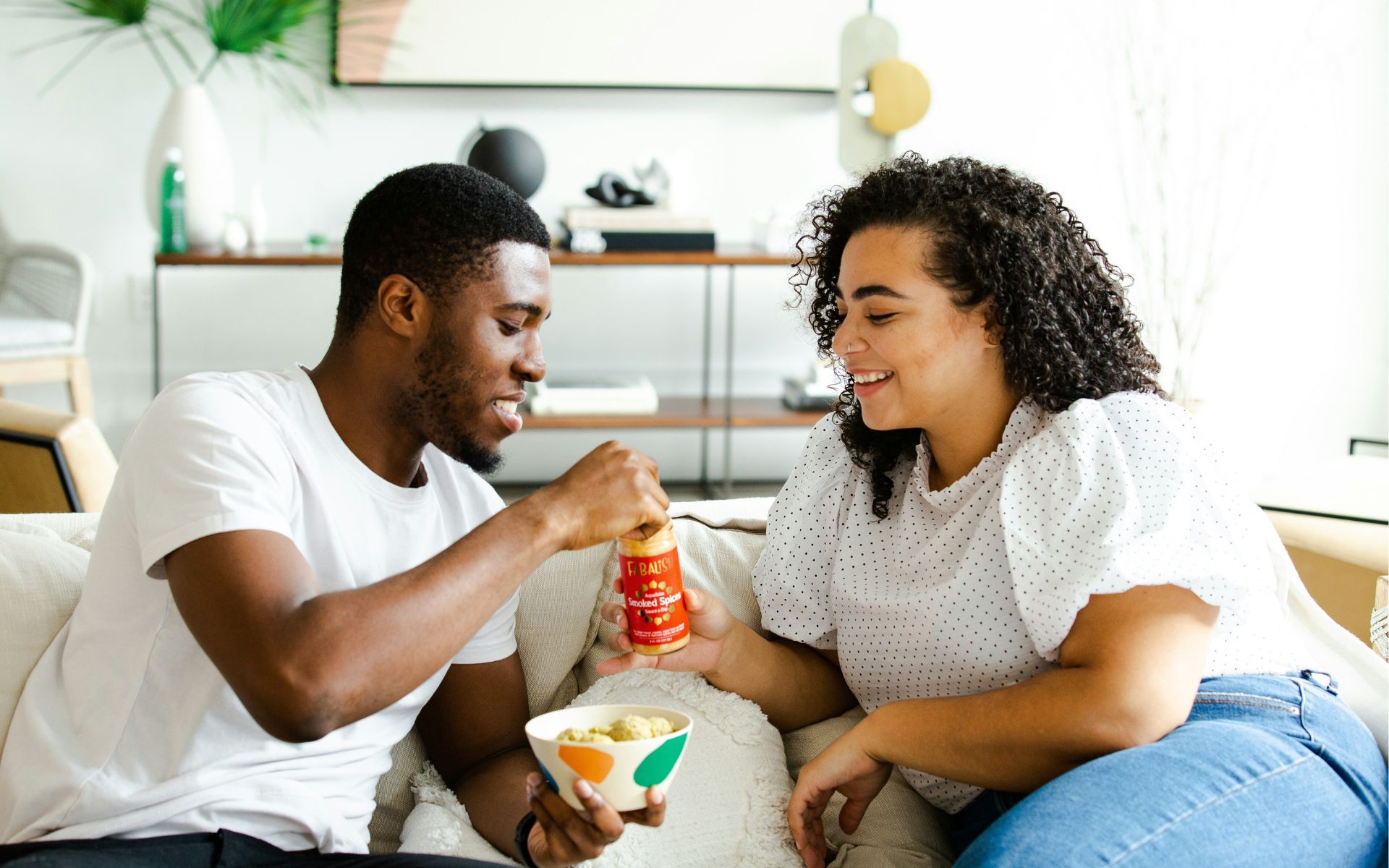We often move through life so quickly, driven by a need to avoid pain or fill a void. Instead of giving ourselves the time to process and heal, we jump into relationships, hoping they will bring comfort. But in doing so, we might miss the chance to ask the critical questions, the ones that could help us break the cycles we unknowingly repeat. Have you ever paused to wonder, Something isn’t right—how did I end up here?
Our childhood and family dynamics profoundly influence the choices we make in our adult relationships. Yet, many of us fail to take the time to reflect on this connection. Reflection allows us to uncover patterns, evaluate stubborn issues, and identify recurring mistakes. Questions like, Why do I keep making the same decisions? or What is driving my choices? can be transformative. But it takes courage and intentionality to ask them.
The Influence of Childhood on Adult Relationships
The way we were raised and the dynamics within our families shape who we are, including who we are drawn to in both friendships and romantic relationships. What feels familiar often becomes what we attract. While we may not control who approaches us, we do have control over how we allow people to treat us and who we choose to keep in our lives.
This is where attachment theory comes into play. Attachment theory explores how our early experiences with caregivers, particularly our parents, shape our internal model for relationships. These early interactions influence how we connect with others, not only in romantic relationships but also in friendships. We may unconsciously seek out partners or friends who replicate those familiar patterns—whether they were healthy or not.
What is Attachment Theory?
Attachment theory suggests that the bond we form with our primary caregivers during childhood sets the foundation for how we perceive and engage in relationships as adults. These early interactions shape what we consider “normal” and “satisfying” in relationships. Attachment styles fall into four main categories:
- Secure Attachment: Individuals feel confident in their relationships, with a strong sense of trust and emotional connection.
- Anxious Attachment: Characterized by a fear of abandonment and a need for constant reassurance.
- Avoidant Attachment: Marked by a reluctance to depend on others or share emotional intimacy.
- Disorganized Attachment: A mix of anxious and avoidant behaviors, often stemming from inconsistent or traumatic caregiving.
Our attachment styles significantly influence our choices in partners, how we navigate intimacy, trust, and conflict, and even how we relate to others in friendships or the workplace. Without realizing it, we might gravitate toward what feels familiar, even if it’s unhealthy.
The Cultural Barrier to Understanding
For many of us, particularly those from culturally diverse backgrounds, exploring the impact of parenting styles can feel like uncharted territory. In many cultures, questioning parents or reflecting on their choices is taboo. Speaking openly about emotions, setting boundaries, or seeking therapy might be seen as disrespectful or unnecessary. The expectation to conform to family or societal norms often silences personal exploration. We grow up accepting certain behaviors as “normal,” even when they’re far from healthy, perpetuating cycles of unexamined patterns and unspoken struggles.
This unchallenged acceptance leads us to carry these patterns into adulthood. We find ourselves in relationships—both romantic and platonic—that mirror the dynamics we witnessed growing up. If our parents had unhealthy relationships or modeled toxic behaviors, the likelihood of us repeating those patterns is high. We unconsciously choose what’s familiar, even if it’s dysfunctional, shaping not only how we bond with romantic partners but also how we relate to friends, coworkers, and others in our social circles.
Breaking the Cycle
The good news is this: you have the power to break the cycle. But first, it requires reflection. Take a moment to evaluate your childhood. Ask yourself:
- What behaviors or dynamics did I dislike growing up?
- Am I repeating any of those patterns in my current relationships?
- What beliefs or expectations about relationships have I carried from my upbringing?
Awareness is the first step. Once you’ve identified the patterns, you can begin to challenge and change them. You have the power to:
- Develop a secure sense of self.
- Build healthy, fulfilling relationships.
- Reduce anxiety and insecurity.
- Set boundaries that reflect your worth and values.
The Cycle Ends Here
You are not doomed to repeat the past. By understanding how your childhood experiences shape your relationships, you can make intentional choices that align with the life you want. You can choose to love yourself, embrace your worth, and build relationships rooted in respect and authenticity.
The journey isn’t always easy, but it’s worth it. When you take the time to reflect, heal, and grow, you set the foundation for a healthier and more fulfilling future. Take the first step today—pause, reflect, and consider how your past may be influencing your present. Seek support if needed and remember that every small change you make creates a ripple effect toward breaking the cycle. Remember, you have the power to end the cycle. The choice is yours.
If you’re ready to take that step, RenewIn-Minds Counseling and Coaching is here to walk alongside you. Schedule a session today and start your journey toward healthier relationships and a more fulfilling life.
